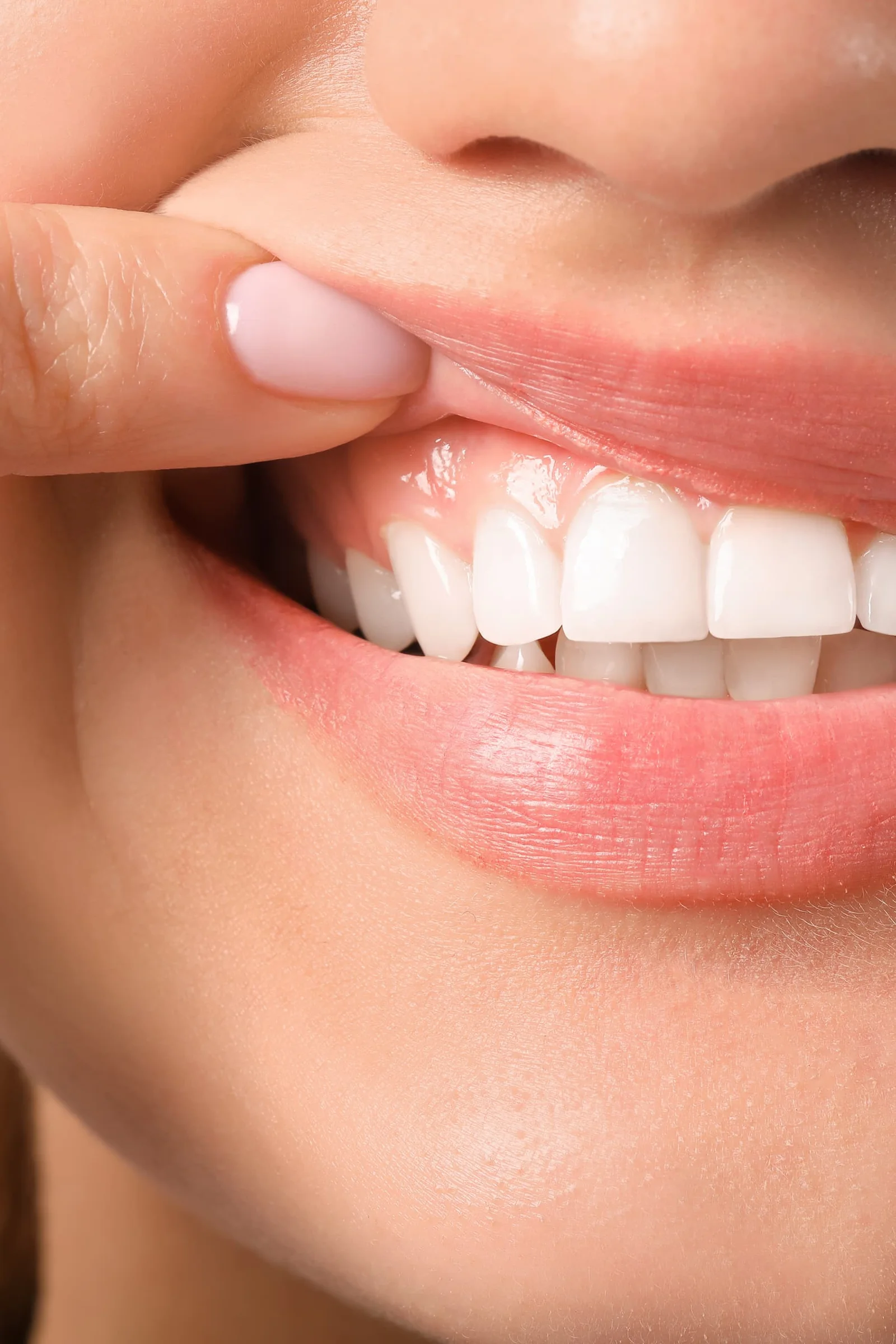Gum recession is a dental problem characterized by the gum tissue pulling back toward the tooth root. It can have many causes and is often associated with the weakening of the supporting tissues around the teeth. Plaque buildup, gum inflammation (gingivitis), and gum disease (periodontitis) are among the main causes of gum recession. In addition, bad habits such as clenching or grinding the teeth can also lead to gum recession. If left untreated, gum recession can result in exposed roots, tooth sensitivity, and even tooth loss.
What Is Gum Recession?
Gum recession is a condition characterized by the gum line receding toward the tooth roots. In this situation, the supporting tissues around the tooth weaken, and the tooth root becomes exposed. Gum recession can lead to tooth sensitivity and tooth loss. Those experiencing gum recession may notice symptoms such as bleeding, swelling, and redness in the gums. If not diagnosed and treated early, gum recession can progress and seriously affect dental health.
Why Does Tooth Sensitivity Occur?
Tooth sensitivity is a common symptom of gum recession. When the gum recedes and the tooth root becomes exposed, the vulnerable inner part of the tooth is revealed, increasing sensitivity to stimuli such as hot, cold, sweet, or sour. In this case, the main cause of tooth sensitivity is the damage to the tooth’s protective enamel layer and the exposure of the tooth root. Tooth sensitivity can negatively affect daily life and create a constant feeling of discomfort.
What Are the Symptoms of Gum Recession?
The symptoms of gum recession may include: tooth sensitivity, exposed tooth roots, changes in gum color, bleeding gums, swelling, and redness. In addition, people with gum recession may feel pain or discomfort while brushing their teeth or using dental floss. If you notice these symptoms, it is important to consult a dentist. Early diagnosis can help prevent the progression of gum recession and allow the application of appropriate treatment methods.
Is It Right to Use Medication for Gum Recession?
In some cases, medications may be used in the treatment of gum recession. Your dentist may prescribe antibiotics or anti-inflammatory drugs as medication for gum recession. However, medication alone cannot correct gum recession. It is important to also follow other treatment methods recommended by your dentist to address the underlying causes of gum recession and support the healing of the surrounding tissues.
Which Vitamin Deficiency Causes Gum Recession?
Certain vitamin deficiencies can lead to gum recession. In particular, a deficiency of vitamin C can negatively affect gum health and increase the risk of gum recession. Vitamin C is an essential nutrient that helps keep the gums healthy and supports healing. Therefore, consuming fruits and vegetables rich in vitamin C as part of a balanced and healthy diet can help prevent gum recession. In addition, following a well-balanced diet to avoid other vitamin and mineral deficiencies is also important.
How Can Gum Recession Be Treated?
The treatment of gum recession varies depending on the underlying causes. If gum disease is causing the recession, your dentist may perform procedures such as gum cleaning and deep cleaning (scaling and root planing). In more advanced cases, gum recession surgery may be necessary. Your dentist will create a treatment plan to protect and support your teeth, guiding you to correct gum recession and prevent its negative effects in the future.
How Can Gum Recession Be Prevented?
To prevent gum recession, it is important to develop regular oral care habits. There is no single toothpaste that can be considered the best for gum recession, but your dentist may recommend one based on your specific needs. Daily brushing, flossing, and using mouthwash are essential steps to keep gums and teeth healthy. Using a night guard can help avoid bad habits such as teeth clenching or grinding. In addition, avoiding harmful habits like smoking and alcohol consumption and maintaining a balanced diet will support gum health. When you notice the early signs of gum recession, it is crucial to visit a dentist immediately to learn about appropriate treatment methods and protect your dental health.
Gum Recession Treatment
The treatment of gum recession is a personalized approach determined by your dentist. Depending on the severity of the condition causing the recession, different treatment methods may be applied. In advanced cases of gum recession, surgical intervention may be necessary. Surgical procedures may include techniques to reshape the gum tissue and protect the tooth roots. Trying methods that have emerged through misinformation, such as herbal remedies for gum recession or so-called natural treatments, is very wrong. During the treatment process, your dentist will explain in detail what you need to do to prevent gum recession and protect your dental health.
Gum recession is an important problem that affects your oral health, and if left untreated, it can lead to serious complications. Understanding the underlying causes of gum recession is vital for correcting the problem through early diagnosis and appropriate treatment methods. Regular dental check-ups are the most effective way to protect your gum health and prevent problems such as gum recession. In addition, you should take care to protect your gums and teeth by maintaining healthy oral care habits and adopting a healthy lifestyle. Remember, gum health is also of great importance for a healthy smile and is the key to your beautiful smile.

